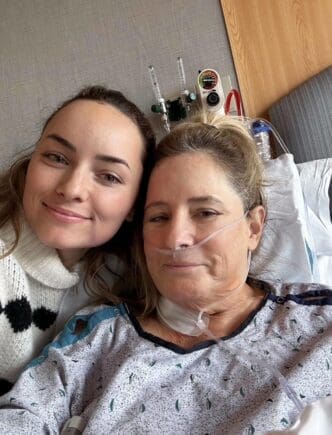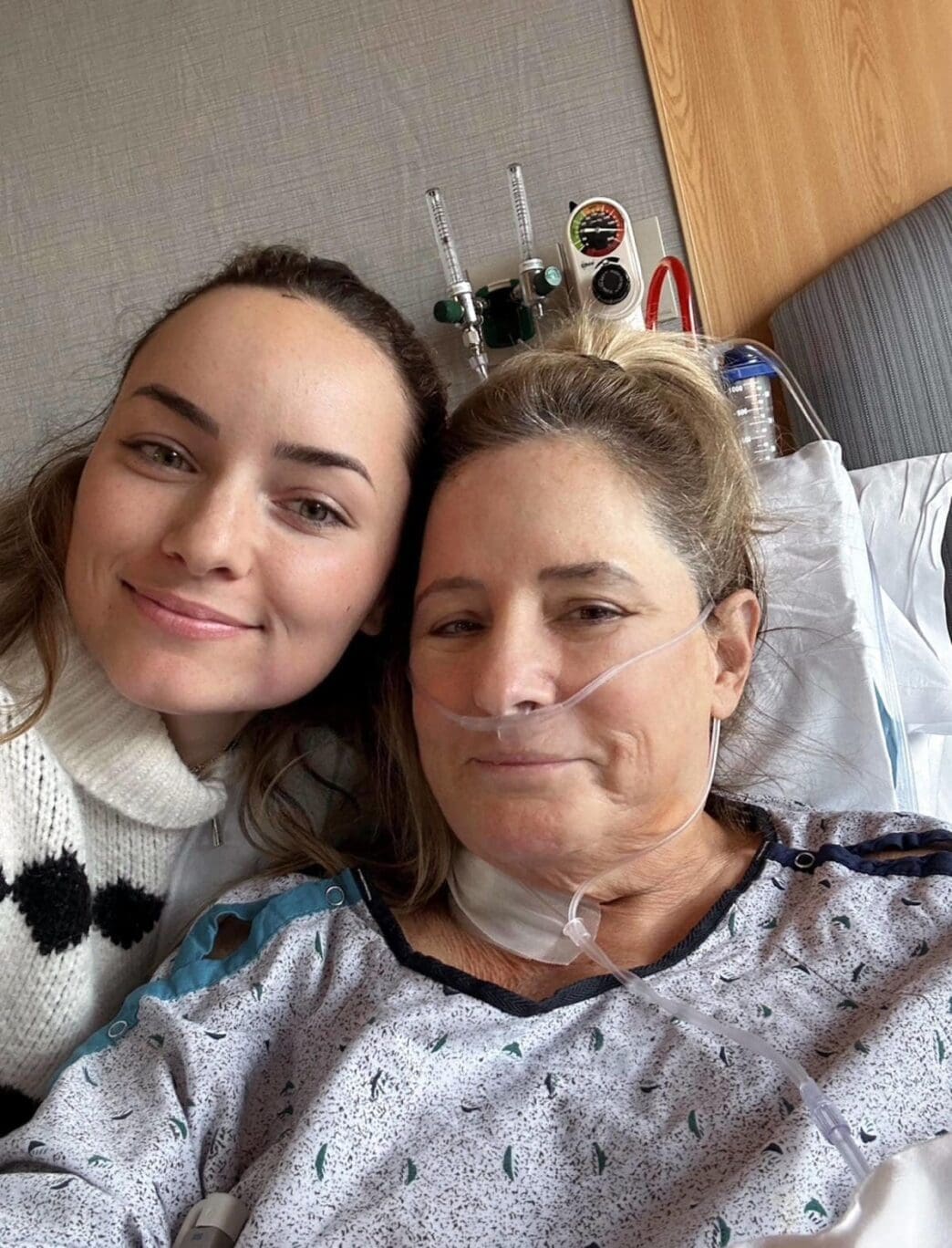When Christine Kirmsse heard her mom’s alarming blood pressure reading, she knew something was seriously wrong.
In the fall, Chris Kirmsse faced a moment of truth when she struggled to complete a nuclear stress test due to alarmingly high blood pressure. Her daughter, Christine, a travel nurse, was taken aback to learn her mother’s blood pressure was shooting up to 200/100. Despite Chris’s assurances that she felt ‘fine,’ Christine insisted that her mom visit the ER without delay. Her persistence likely prevented a catastrophic health incident, like a stroke or a massive heart attack.
Over the summer, Chris had undergone various tests after learning her cholesterol levels were elevated. Her doctor put her on a statin and ordered a calcium score test, which raised some eyebrows. A score of 369 suggested a moderate risk of heart attack, prompting her to see a cardiologist. Unfortunately, Chris’s blood pressure remained unsettlingly high, rendering her unable to even attempt a treadmill test. Her doctor tried injectable medication, but Chris complained of a headache, a symptom Christine recognized as a portent of stroke.
[instagram-embed-display instagram_id=’DChJhvjOuW4′]
When Christine heard her mom mention the headache and saw those outrageous numbers on the blood pressure monitor, she knew it was time to act. Chris, albeit reluctantly, agreed to head to the hospital. After comprehensive tests, doctors found elevated troponin levels, signaling a past heart attack. A cardiac catheterization revealed that her right coronary artery was fully blocked, and the other two major arteries were significantly obstructed.
Faced with these findings, doctors opted for open heart surgery rather than stenting. Christine, dubbed “the warden” for her diligent care, was relieved they acted in time. Chris went through a triple bypass surgery to clear the blockages. Although recovery hasn’t been easy, bruises and all, the worst seems to be behind her now.
In retrospect, Christine pointed out her mom’s overlooked symptoms: shortness of breath and mental fogginess, which Chris had waved off as age-related. “I feel so clear-headed now,” Chris admitted, marveling at how much better she felt after the surgery. Discovering her coronary artery disease was hereditary, Chris realized some past family tragedies suddenly made sense.
Navigating recovery, Chris now prioritizes heart health, embracing a low-sodium diet and physical activity. Her ordeal serves as a cautionary tale and a reminder for others to listen to their bodies and seek timely medical advice. A month past her surgery, Christine and Chris found gratitude in celebrating Thanksgiving, relieved for having caught the warning signs in time.
Chris Kirmsse’s journey underscores the importance of paying attention to even subtle health indicators. Her daughter’s timely intervention not only helped avert a potential tragedy but also highlighted the need for proactive heart health management. For Chris, it’s a new beginning—one she’s approaching with newfound awareness and priority for her well-being.
Source: Yahoo – Instagram







